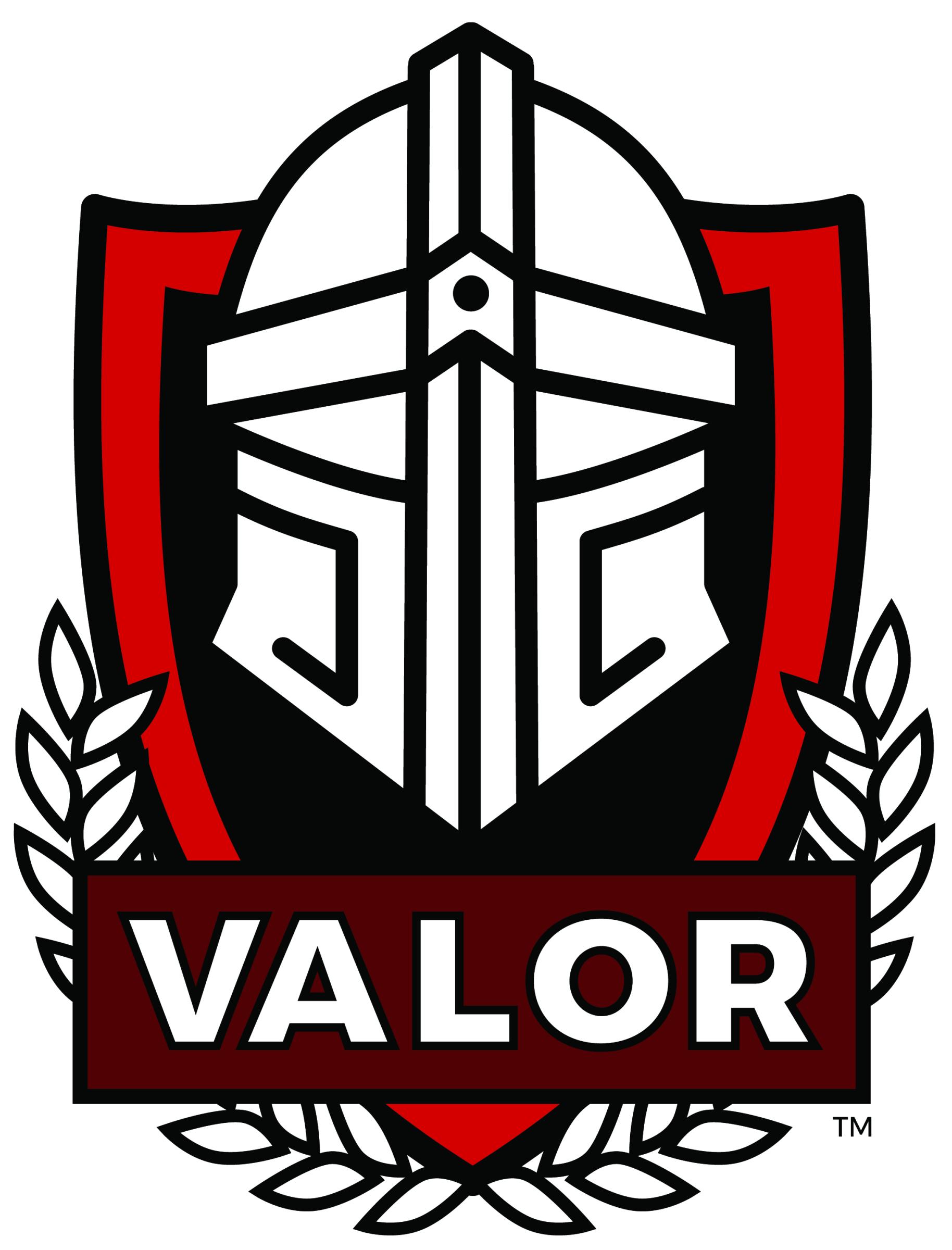
Understanding the Issue
Teenage boys today have unprecedented access to explicit content, making it easier than ever to develop unhealthy viewing habits. While curiosity about sexuality is normal during adolescence, excessive consumption of pornography can lead to compulsive behavior, desensitization, and a negative impact on emotional and social development. Recognizing the signs early can help parents and professionals intervene before addiction takes hold.
Behavioral and Emotional Indicators
Pornography addiction often manifests in noticeable changes in behavior. A teen struggling with compulsive pornography use may exhibit:
- Secrecy and Isolation: Avoiding family interactions, spending excessive time alone, or becoming defensive when questioned about online activity.
- Mood Swings and Irritability: Increased frustration, anxiety, or anger, particularly when unable to access the internet or devices.
- Loss of Interest in Hobbies: A decline in motivation for previously enjoyed activities, school performance, or friendships.
- Sleep Disturbances: Staying up late to access pornography and experiencing fatigue or lack of concentration during the day.
Cognitive and Psychological Red Flags
Pornography addiction can also affect a teen’s thought patterns and mental well-being. Key warning signs include:
- Preoccupation with Sexual Content: Constantly thinking about pornography or seeking opportunities to view explicit material.
- Escalation to More Extreme Content: Needing increasingly graphic material to achieve the same level of excitement.
- Distorted Views on Relationships: Developing unrealistic expectations about intimacy and struggling with healthy emotional connections.
- Guilt and Shame: Expressing regret, self-loathing, or anxiety about their behavior but feeling unable to stop.
The Role of Education in Prevention
Parents and guardians play a crucial role in addressing pornography addiction. Educating teens about the risks of excessive consumption and helping them build healthy coping mechanisms is essential. Open communication—without judgment—encourages honesty and accountability. Providing alternative outlets for stress, such as sports, hobbies, or creative pursuits, can also reduce reliance on pornography as a coping mechanism.
Therapeutic Interventions and Support
Professional support is often necessary for teens struggling with pornography addiction. Experts like Patrick Carnes and Mark Laaser emphasize that pornography addiction follows patterns similar to substance abuse, requiring structured intervention. Programs like Valor group offer specialized support, combining peer accountability with professional guidance to help young men regain control over their behaviors. Therapy, cognitive-behavioral techniques, and support groups can all contribute to successful recovery.
Path to Recovery
Recovery is a journey that requires patience, support, and consistent effort. By recognizing the signs of pornography addiction early and providing appropriate guidance, families can help their teen sons regain confidence and control over their behaviors. With the right intervention, teens can develop a healthier relationship with technology, relationships, and themselves.
Family Strategies Counseling Center has actively serviced clients since 2000 in treatment for pornography addiction or sexually compulsive behavior. Our SABR program for adults, and Valor Groups for Young Men can help you! Give us a call at (800) 614-8142 or visit our website for more information: https://familystrategies.org/valor-teens.html.
